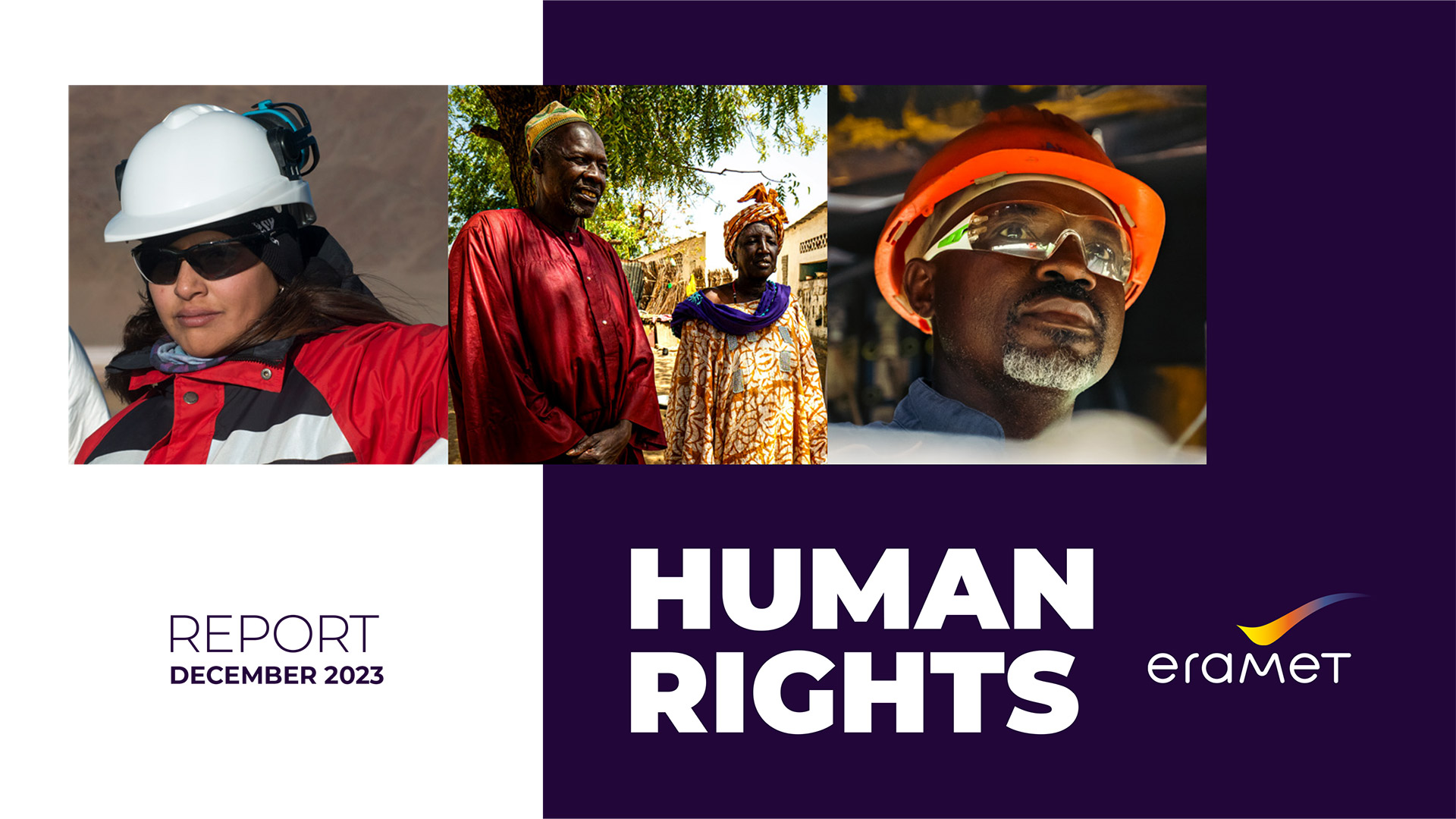Commitments
Governance
Eramet’s salient risks
Eramet’s human rights journey
In recent years, Eramet has grown and developed, and with this growth has come a path of improvement on all CSR topics including human rights.
Major trends in claims
Claims on salient risks in human rights from integrity line
Claims raised by reporters from June 2020 to December 2023
Locations of claims raised by reporters from June 2020 to December 2023
Types of grievances from 2020 to 2022
Trends in community grievances (2020-2022)
Mine community complaints 2020
The main topics of these complaints were: impact on property, noise, dust and compensation claims.
Mine community complaints 2021
The main topics of these complaints were: compensation, resettlement and nuisances (noise and dust).
Mine community complaints 2022
Plant community complaints 2020
Comilog Dunkerque is located in an industrial area and Eramet Marietta is located outside of the city area.
Plant community complaints 2021
Plant community complaints 2022
The main topics of these complaints were noise and dust.
Our Human Rights Report
Eramet has published its very first Human Rights report, designed as a guide to the Group's commitment to respecting the fundamental rights of all its stakeholders: employees, partners and communities. The report includes : Message from Christel Bories, CEO of the Eramet group Eramet Executive Committee members' views on respect for human rights Key [...]
22 December 2023




 Know the Group’s human rights standards
Know the Group’s human rights standards Ensure good working conditions
Ensure good working conditions Respect indigenous populations
Respect indigenous populations Respect employee housing standards
Respect employee housing standards Ensure the right to collective bargaining and union rights
Ensure the right to collective bargaining and union rights Assess your impacts and risks on human rights
Assess your impacts and risks on human rights Zero tolerance of forced labour
Zero tolerance of forced labour Discrimination of any type is forbidden
Discrimination of any type is forbidden Be attentive to your security
Be attentive to your security Zero tolerance of child labour
Zero tolerance of child labour Harassment of any kind and violence is forbidden
Harassment of any kind and violence is forbidden Respect communities’ human right
Respect communities’ human right Avoid and mitigate negative impacts on communities
Avoid and mitigate negative impacts on communities Preserve the local cultural heritage
Preserve the local cultural heritage Do not access land without prior clearance
Do not access land without prior clearance Respect community health and safety
Respect community health and safety Have a grievance mechanism
Have a grievance mechanism Protect temporary local staff
Protect temporary local staff Human rights are integrated into the Eramet Management System through a Key Standard.
Human rights are integrated into the Eramet Management System through a Key Standard. 